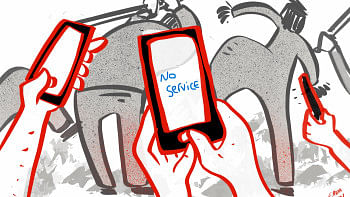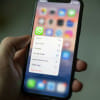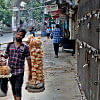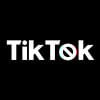How smart is shutting down social media?

After a prolonged internet shutdown that all but brought the "Digital Bangladesh" to a standstill, broadband internet has finally been restored across the country. However, mobile internet is still suspended. More worryingly still, sources say that the government is unlikely to provide uninterrupted access to social media platforms anytime soon—at least until tech companies comply with its demands. State Minister for ICT Zunaid Ahmed Palak stated on Wednesday that social media platforms, particularly Facebook and YouTube, have not been complying with Bangladesh's laws; as such, Facebook, along with Meta's other popular platforms such as Messenger and WhatsApp—and ByteDance's TikTok—will remain blocked indefinitely.
The internet was shut down at the height of the quota reform protests around 9pm on July 18, with the government offering conflicting accounts of why it occurred from the very beginning. While it claims that the shutdown occurred due to an attack on the data centres in the capital's Mohakhali area, The Daily Star, upon visiting the centres, found no sign of damage to the building that housed them—to say nothing of the fact that it's a technical impossibility for an entire country's internet to be disrupted simply because of a localised disruption.
The government's decision to prolong the ban on social media will only confirm the public's suspicion that it is doing so to control the free flow of information about the severity of the atrocities conducted during the protests.
We are disturbed that the government ordered such a shutdown, which lasted for over five days—which, as highlighted by UN experts, represent a dramatic means of limiting fundamental freedoms and contravene international law. But that it did so under false pretext can only add to people's growing mistrust of the government at a time when the latter needs to assure the former of its commitment to democratic norms and human rights. The government's decision to prolong the ban on social media will only confirm the public's suspicion that it is doing so to control the free flow of information about the severity of the atrocities conducted during the protests. During such a vacuum, it is natural for misinformation and rumours to spread among a population starved of information.
We have observed with increasing alarm the government's stringent measures to curtail digital freedoms over the decade, from arbitrarily arresting people under the draconian Digital Security Act (now the Cyber Security Act) for their social media posts, to the surveillance of private data of citizens, to demanding that tech companies block certain users or content or provide their personal details. We have seen such measures being intensified in the aftermath of mass protests. We urge the government to realise that blocking social media indefinitely will only fuel panic, resentment and misinformation and further alienate it from the public.
Putting aside the obvious violations of our digital rights and freedoms of speech and expression, what is to happen to the numerous businesses that are now dependent on social media for their very survival? How is the government to commensurate its grandiloquent claims of building a "Smart Bangladesh," while taking increasingly unsmart measures to restrict people's access to digital platforms and in the process jeopardising their livelihoods? Cutting off Bangladesh from the world at large is a great disservice to the people of this country when the government would have us believe that we are riding the waves of digitisation.


 For all latest news, follow The Daily Star's Google News channel.
For all latest news, follow The Daily Star's Google News channel. 









Comments